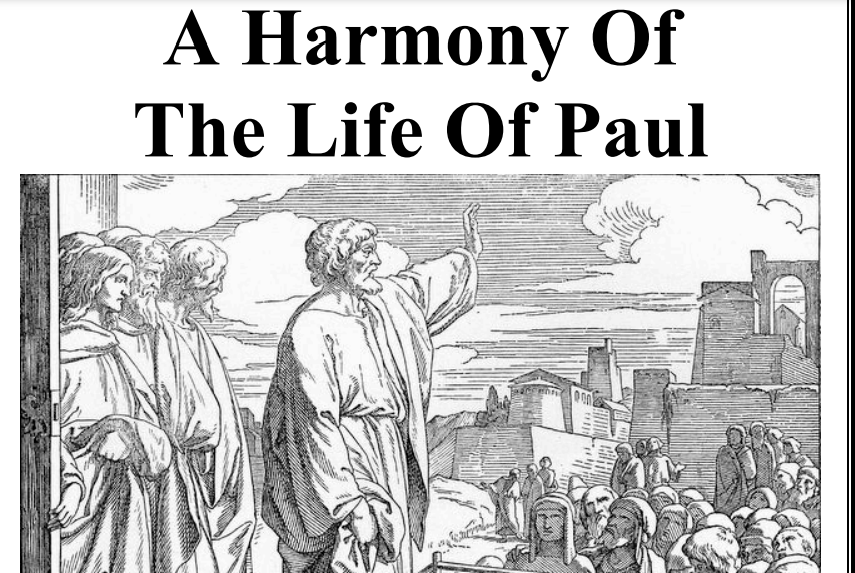Book Summary: Biography of Abu Bakr (RA) PDF
The book “Biography of Abu Bakr (RA)” tells the beautiful story of one of the greatest companions of Prophet Muhammad (PBUH). It shares how Hazrat Abu Bakr as-Siddiq (RA) became a pillar of strength for Islam through his faith, kindness, and leadership. His life teaches every Muslim how to live with honesty, loyalty, and devotion to Allah.
Early Life and Character
Abu Bakr (RA) was born in 573 CE in Makkah, two years after Prophet Muhammad (PBUH). His full name was Abdullah ibn Abi Quhafa, and he belonged to the respected Quraish tribe. From his youth, he was known for his gentle behaviour, truthfulness, and wise decisions. People in Makkah often trusted him to solve disputes because of his fair judgment.
Even before Islam, he stayed away from idol worship and wrong customs. He lived a clean and peaceful life. Moreover, he was a successful cloth merchant, respected for his honesty and simple nature. Because of these qualities, he gained the love and respect of his community.
Friendship with Prophet Muhammad (PBUH)
One of the most touching parts of the book is the strong friendship between Abu Bakr (RA) and Prophet Muhammad (PBUH). They were close friends even before Islam. When the Prophet (PBUH) received the first message of Islam, Abu Bakr (RA) accepted it immediately without a single question.
Therefore, the Prophet (PBUH) gave him the title “As-Siddiq”, meaning The Truthful One. His faith was firm and pure. He never doubted Allah’s message, even when others hesitated.
In addition, Abu Bakr (RA) helped many early Muslims by using his wealth to free slaves who suffered for believing in Islam. One of them was Bilal ibn Rabah (RA), who became one of the most loved companions later.
Sacrifices for Islam
During the early days of Islam, Muslims in Makkah faced cruelty and hardship. Yet Abu Bakr (RA) remained strong beside the Prophet (PBUH). He spent his wealth to support those in need and to spread the message of Islam.
For example, when the Prophet (PBUH) planned the migration (Hijrah) to Madinah, Abu Bakr (RA) joined him. Their journey through the desert and stay in the Cave of Thawr became a symbol of deep trust and loyalty. While enemies searched for them, Abu Bakr (RA) stayed calm, relying completely on Allah’s protection.
Service After Hijrah
After reaching Madinah, Abu Bakr (RA) continued to serve Islam with his heart and soul. He stood with the Prophet (PBUH) in all major battles — Badr, Uhud, and Tabuk. He never sought comfort for himself; instead, he worked for the unity of Muslims.
The Prophet (PBUH) once said that no one had supported Islam with as much love and wealth as Abu Bakr (RA). During one campaign, he donated everything he owned. When the Prophet asked what he had left for his family, Abu Bakr (RA) replied, “I have left Allah and His Messenger for them.”
This shows his complete faith and trust in Allah.
The First Caliph of Islam
After the passing of Prophet Muhammad (PBUH), the Muslim community fell into deep sorrow. People were confused and heartbroken. Abu Bakr (RA) stood before them with great courage and said:
“Whoever worships Muhammad, know that Muhammad has passed away. But whoever worships Allah, know that Allah is Ever-Living and never dies.”
This powerful message brought peace and hope to everyone. Soon, Abu Bakr (RA) was chosen as the first Caliph (Khalifa) of Islam.
Leadership and Achievements
As Caliph, Abu Bakr (RA) faced many challenges. Some tribes refused to pay zakat (charity), while others left Islam. However, he acted with strong faith and calm wisdom. He organized the Wars of Apostasy (Riddah Wars) to protect Islam and unite the people again.
Under his rule, justice and order were restored. Moreover, he started the work of compiling the Holy Qur’an. After many memorizers were martyred in battles, Abu Bakr (RA) realized the importance of preserving the Qur’an. He appointed Zaid ibn Thabit (RA) to collect all verses into one book. Because of his vision, the Qur’an was safely preserved for all generations.
Simplicity and Humility
Abu Bakr (RA) was a true example of simple living and high thinking. Even as Caliph, he wore ordinary clothes and never took advantage of his position. He refused luxury and always preferred equality.
He spent his nights praying and remembering Allah. His rule was based on justice, love, and service to the poor. He once said, “The most helpless person is the one who cannot pray.” His life was full of faith and sincerity.
Death and Legacy
After ruling for around two and a half years, Abu Bakr (RA) passed away at the age of 63, the same as the Prophet (PBUH). He was buried beside the Prophet in Madinah, near Masjid al-Nabawi.
His leadership may have been short, but his impact was everlasting. He built the foundation of an Islamic government based on truth, justice, and unity. His actions showed what real leadership means — service, not power.
Even today, Muslims around the world remember Abu Bakr (RA) as a man of faith, courage, and mercy. His life remains an inspiration for every believer who wants to live with honesty and devotion.
Conclusion
The Biography of Abu Bakr (RA) is not only a historical book — it is a guide for the heart. It teaches lessons of faith, sacrifice, and leadership that are relevant even today.
In conclusion, Abu Bakr (RA)’s life reminds us that true greatness lies in serving others and standing firm for truth. His name will forever shine as one of the greatest examples of loyalty and love for Allah and His Messenger (PBUH).









